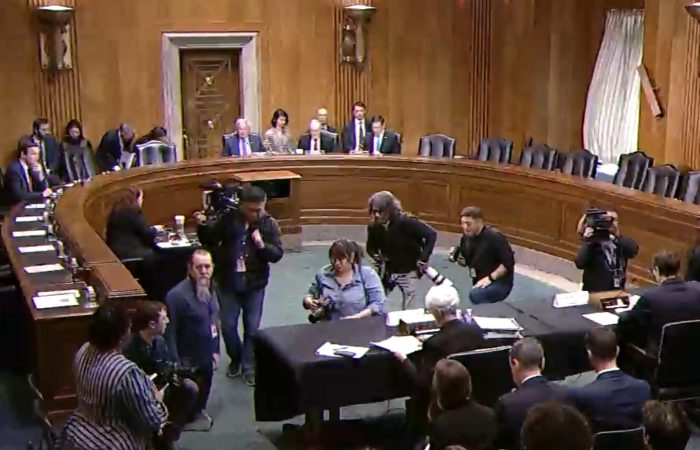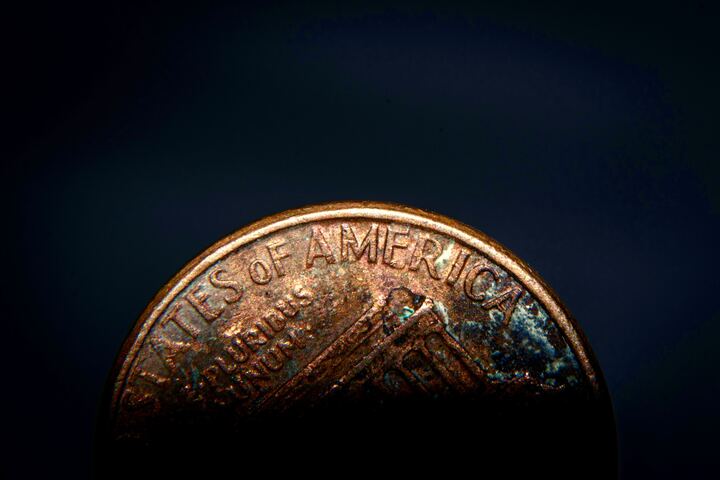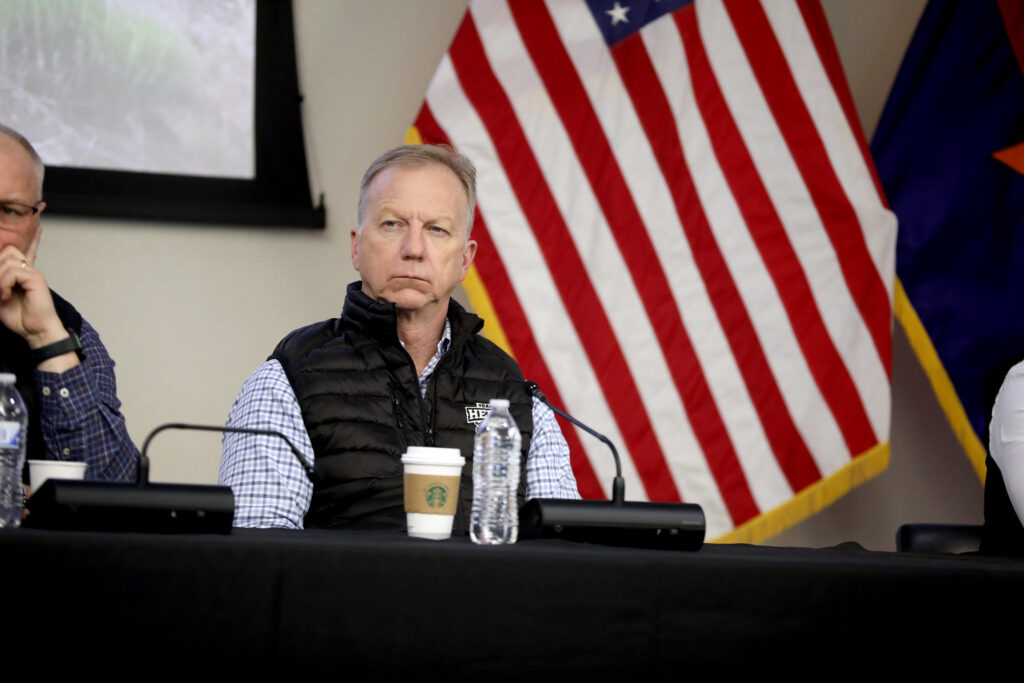On February 9, 2023, the U.S. Senate’s Foreign Relations Committee held a hearing with Biden administration officials to evaluate U.S.-China policy in the era of strategic competition. Deputy Secretary of State Wendy Sherman and Assistant Secretary of Defense for Indo-Pacific Security Affairs Ely Ratner attended the meeting to report their department’s respective policy and progress on China.
Notable Statements:
- Commenting on the Chinese balloon incident, Foreign Relations Committee Chair Bob Menendez said that it was either “a huge mistake by some entity within the Chinese government, or it was a test of our resolve by Xi.” If the latter, “we responded with strength, and I believe that is the way you deal with Xi.”
- Committee Chair Menendez and Ranking Member Jim Risch both argued that Congress should play a greater role in the strategic competition with China.
- In his opening remarks, Senator Menendez highlighted a report by the Democratic staff of the Senate Foreign Relations Committee, which calls for “full resourcing of the Biden administration’s Indo-Pacific Strategy” “to contend with growing PRC influence and aggression.” The second recommendation of the report reads: “Congress should be made an active partner to ensure sufficient allocation of resources to the Indo-Pacific, to provide new authorities if and when needed, and to engage in effective oversight.”
- Senator Risch expressed concerns that “the administration still does not consider Congress a true partner on China,” adding that “outreach to the Hill has been sloppy at best” since the outbreak of the balloon incident.
- In response, Deputy Secretary Sherman said that “winning the competition with China, should, as the Chairman and the Ranking Member has said, unite all of us,” quoting U.S. President Joe Biden’s State of the Union speech on February 7, 2023.
- Committee members continued to demand more concrete plans and actions from the Biden administration.
- Regarding the administration’s China policy, Senator Mitt Romney noted: “We need to go from principles to a comprehensive strategy and include tactics…it drives me nuts to watch us deal with China and have objectives but to see everyone going in different [directions]…we don’t have a comprehensive strategy.”
- Senator Menendez spoke “to echo Senator Romney’s concerns” and asked Deputy Secretary Sherman for more “in detail” briefing on relevant issues. The Democratic Staff report that Menendez highlighted called on the administration to provide Congress with “a full, detailed, and prioritized list of its plans for implementing the [Indo-Pacific Strategy].”
- Zooming in on the case of Taiwan, Senator Risch noted that “the Biden Administration said over and over again that it supports security assistance to Taiwan. However, it did nothing to advocate for Taiwan during the appropriations process.”
- When Senator Risch asked for Taipei’s specific demands and needs “in terms of military materials,” Deputy Secretary Sherman broadly discussed U.S. arms sales to Taiwan, but did not provide further specifics.
- When Senator Tim Kaine asked about the most likely areas where the United States and China can find “some cooperation,” Deputy Secretary Sherman identified counter-narcotics, climate, public health and people-to-people exchange. “Quite frankly we cannot meet the challenge on climate unless China is working with the rest of the world,” she said.
Backgrounds and Takeaways:
On February 2, 2023, the U.S. Department of Defense announced that it “detected and is tracking a high altitude surveillance balloon that is over the continental United States right now.” The department said the balloon “was being used by the PRC in an attempt to surveil strategic sites in the continental United States” and brought it down on February 4, 2023. Meanwhile, China said that the balloon is a “civilian unmanned airship” that entered into the United States due to force majeure, and “expressed strong dissatisfaction and opposition” towards the U.S. “attack” of the balloon. The incident has led to the postponement of U.S. Secretary of State Antony Blinken’s visit to China as well as several strongly-worded responses by key congressional members.
Held only days after the balloon incident, the Senate hearing on the Biden administration’s China policy naturally carries extra weight, but the focal points of the discussion are nothing new. Lawmakers from both parties and chambers have long called for more clarity and congressional involvement in the U.S. policy on China. This tendency is most pronounced in the area of international commerce (since Congress has sole constitutional authority to “regulate commerce with foreign countries”). Lawmakers openly criticized the Biden administration for lack of “necessary” congressional consultation ahead of the Indo-Pacific Economic Framework negotiations, and have expressed hope and resolve for a more proactive, concrete trade agenda. Similar trends are also present on other fronts. As both Senator Menendez and Senator Risch noted during the hearing, U.S. lawmakers have asked for additional clarification and consultation on a number of China-related issues, including by demanding reports and oversights through the passage of law.
In this hearing, at least, the Senators have found the administration’s responses to be inadequate and have asked for further, in-detail follow-ups. It remains to be seen how the new Congress—with Republicans holding majority seats in the House—would address China-related issues in coordination with the Biden administration.




